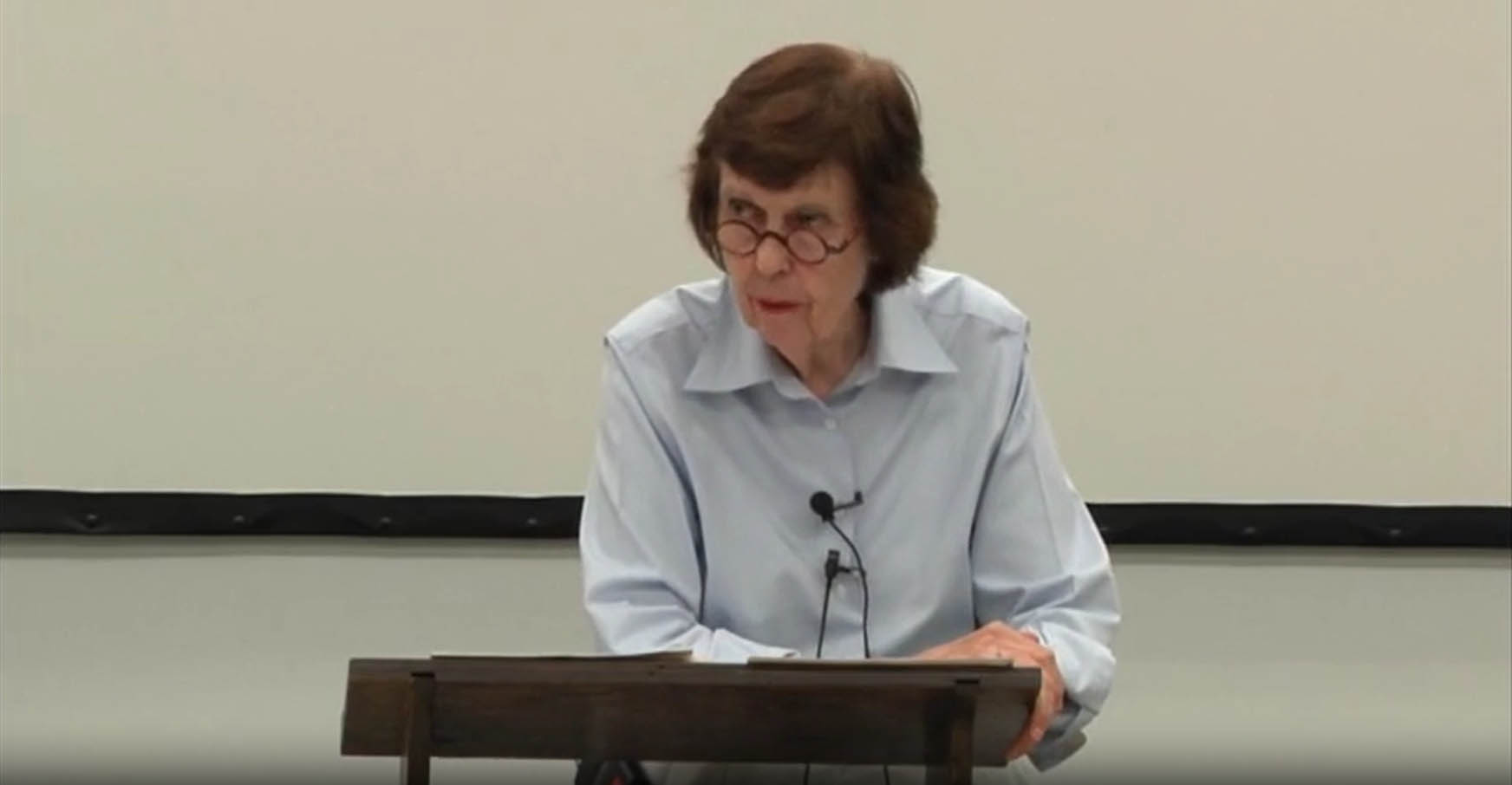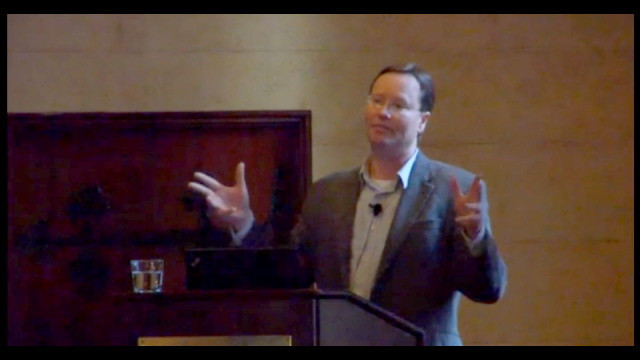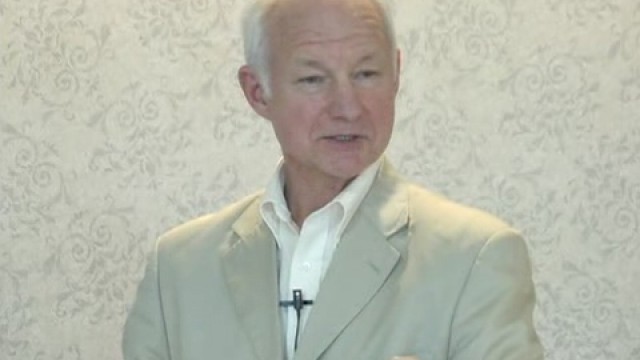The story of Ruth (Ruth 1–4) is often interpreted as being about loyalty, kindness and grace. Several questions are left unexplained including why nobody offered to help Ruth or Naomi, why they did not return to the farmstead that they obviously owned, and why the land became a point of contention in the final chapter […]
Biblical Figures and Events


Both within the New Testament and in later Christian gospels, writings that describe the death of Jesus increasingly declare Pilate innocent of the whole proceeding. The logic of this exoneration gives rise to an obvious question: If Pilate is not guilty for condemning an innocent Jesus to death, then who is? The early Christian answer? […]

Jonah is a book that defies categorization. Scholars have debated its genre and purpose for centuries. Trible explores the various interpretive options and the way in which the three Abrahamic religions have adopted and utilized the text of Jonah. This was part of the Chasing Canonical Characters DVD.

Good versus evil, man versus woman, Elijah versus Jezebel. These two characters are juxtaposed in the text of 1 Kings, and this frames the way in which the reader understands the story. Elijah and Jezebel imitate and emulate each other despite being a mirror reflection. Polarity produces similarity, and Trible lays out the contrasts with […]

Miriam fulfills many roles in the few verses of the Bible that she occupies. She is often maligned in both the Biblical text and interpretation, but in contrast to this Trible highlights seven snippets that introduce readers to another depiction of Miriam as the deliverer of the nation. This was part of the Chasing Canonical […]

Jacob, the character who gives his name to the nation of Israel, is the focus of Genesis 32:22–32. Textual ambiguities abound around Jacob, and Trible examines them in depth in this lecture. This was part of the Chasing Canonical Characters DVD.

Guided by Trible, explore the details of the sacrifice of Isaac narratives through the lens of idolatry. Then follow the tensions throughout the founding family narratives that explain some of the gender politics of these ancient texts. This was part of the Chasing Canonical Characters DVD.

Trible pulls no punches as she takes you deep into the texts of the first family. See the characters of Hagar, Sarah and Abraham as you never have before. By exploring the original Hebrew, new dimensions within these Biblical relationships emerge that enhance and correct popular interpretations. This was part of the Chasing Canonical Characters […]

&#;Passive, bland and belly-oriented” is how Trible describes the character of Adam. Follow along as she discusses Genesis 2–3 in three sections, critiquing the patriarchy within the text. This was part of the Chasing Canonical Characters DVD.

Using literary and feminist criticism, Trible throws away assumptions of what the Western world thinks of Eve and reinterprets her character, the creation of humankind and the development of human sexuality in a new way. This was part of the Chasing Canonical Characters DVD.

Follow Mark Goodacre as he explores the latest research on Mary Magdalene—including the validity of the Coptic papyrus fragment The Gospel of Jesus’ Wife—and the role she plays in the early Christian texts.

In “The Temple, Aramaic Epigraphy and the Historical Jesus,” Bruce Chilton of Bard College explains how these three separate fields of study can be combined to understand better the Jewish context of Jesus’ life and teaching. Chilton dismisses the notion that Jesus was simply pro-prophecy and anti-ritual, examining numerous analogies in Christian and Rabbinic literature. […]

The Binding of Isaac, or Akedah, is one of the most well-known and perplexing narratives in the Old Testament. This lecture will examine some of the most common questions concerning this story, such as “Why did Abraham go allow with God without question or comment?” and “Why did Isaac not fight Abraham but instead lay […]

Jesus was not the only person considered the Son of God in the ancient world. Other “divine men” were also said to have been born miraculously, to have healed the sick, fed the multitudes, cast out demons, and raised the dead, and who at the end of their lives were thought to have ascended to […]

Many of the stories from ancient Near Eastern literature are often labeled “folk tales” and are presumed to have no basis in reality—the Biblical texts are no exception. Many stories in the Bible are seen as allegories or folk tales. But when we read these stories, should we just simply label them “folk tales,” or […]
